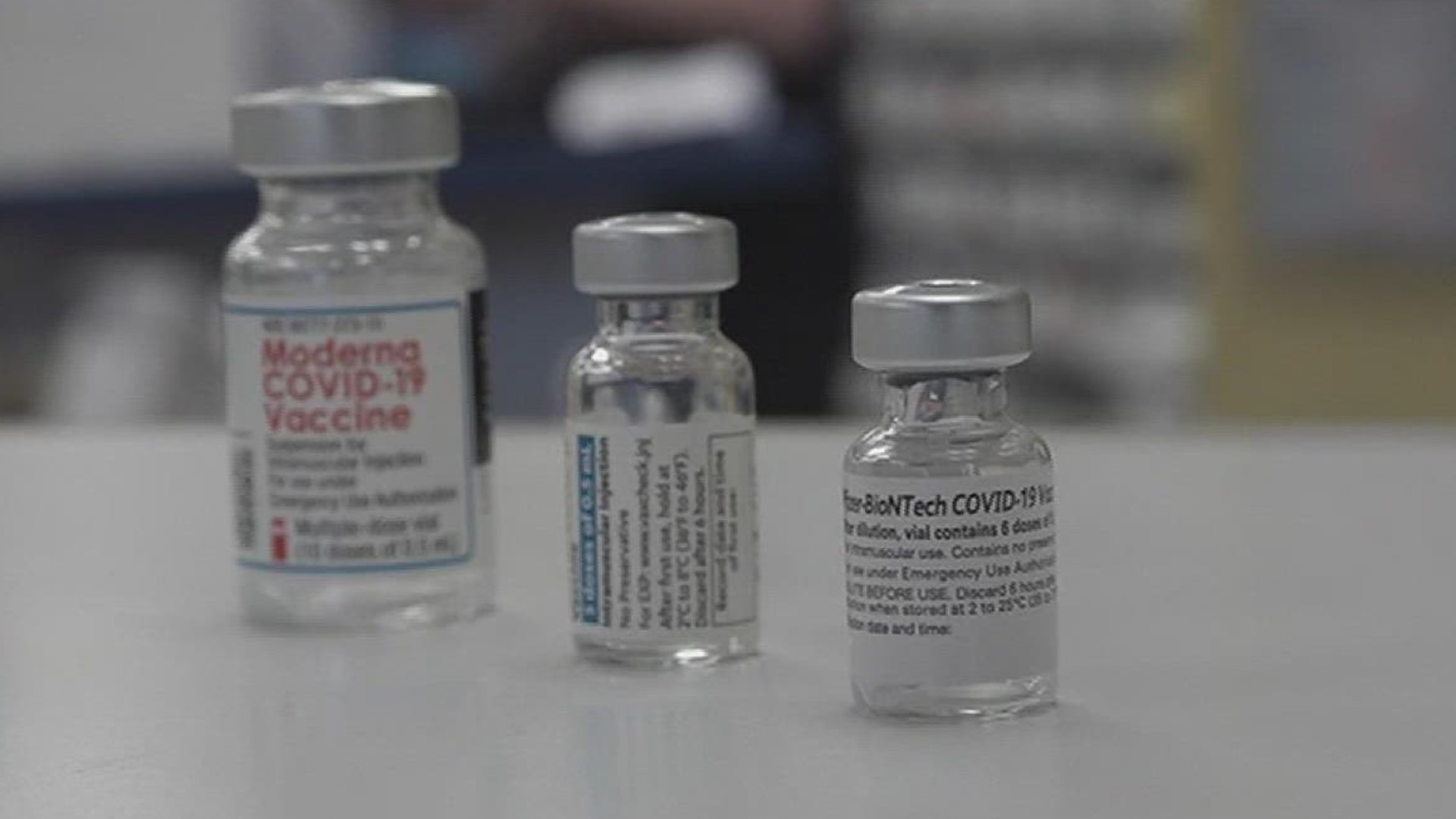YORK, Pa. — Federal COVID relief funds allocated to reimburse medical providers for administering vaccines will soon dry up, potentially jeopardizing providers’ ability to offer vaccines to the uninsured.
For patients, the COVID vaccine is completely free. Even though the vaccine itself is free for pharmacies, they still have to pay for the workers who give the shots.
Pharmacies can request reimbursement from patients’ health insurance companies.
Congress approved billions of dollars of federal COVID relief funds during the pandemic, some of which was allocated to pay for reimbursements for those without health insurance, generally at Medicaid rates.
The Health Resources and Services Administration’s (HRSA) COVID-19 Uninsured Program covers costs for testing, treatment and vaccination. It has provided about $19 billion in reimbursement since the beginning of the pandemic.
In Pennsylvania, providers have received $254 million in reimbursements, according to CDC data: 52 percent for testing, 21 percent for treatment and 27 percent for vaccination.
The HRSA program stopped accepting reimbursement claims for testing and treatment on March 22 and will stop paying for vaccination costs on April 6.
The White House asked Congress for $22.5 billion for continued COVID relief efforts in this year’s federal budget. That number was later reduced to $15.6 billion and then struck entirely from the budget. No other plans for continued funding for the program have been announced.
Pharmacies will be forced to decide between vaccinating the uninsured and getting paid for their time.
“A lot of healthcare providers are taken advantage of as far as the giving of their time. It’s just fair to be able to reimburse them for their services,” said pharmacist Scott Miller of Minnich’s Pharmacy in York.
Miller plans to continue offering vaccines to uninsured patients.
“We are willing to essentially donate our time to support to community and whatever we have to do to help get through this,” he said.
Park Avenue Pharmacy in Chambersburg has administered about 8,800 vaccinations, according to pharmacist Jeremy Post. He also plans to keep vaccinating uninsured patients, who make up 5.5 percent of his clients.
“Now if we got to the point where they were charging us for the vaccines and we weren’t getting reimbursed for uninsured patients, that would be a different decision that we would have to make,” Post said.
Pharmacies that have a higher number of uninsured patients could be forced to stop offering COVID vaccines altogether, which would limit access to all patients.
“You limit the number of people who are going to get it if they have to really go out and start searching for it,” Post said.
An analysis by the Kaiser Family Foundation summed up the situation:
“Whichever way providers respond, the result will likely be reduced access for uninsured patients in most states due to more limited provider access and/or potential out-of-pocket costs.”

